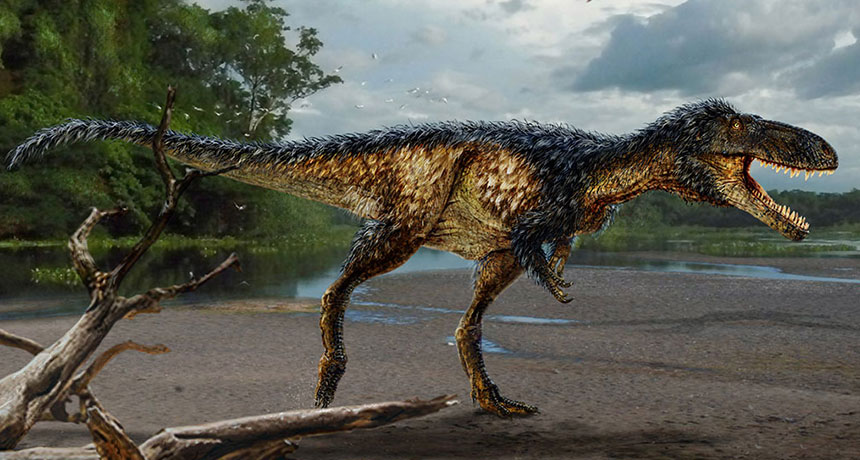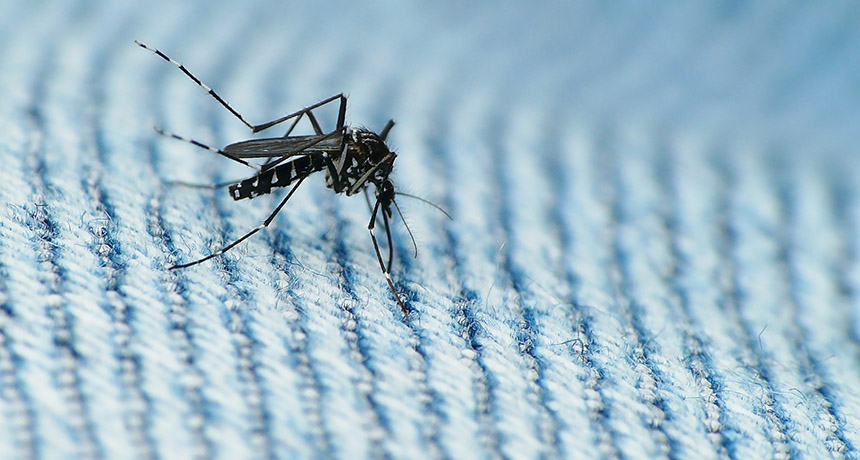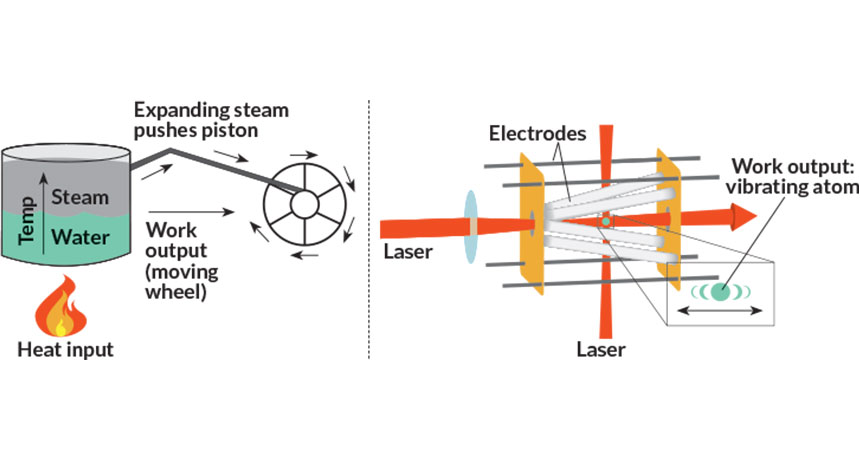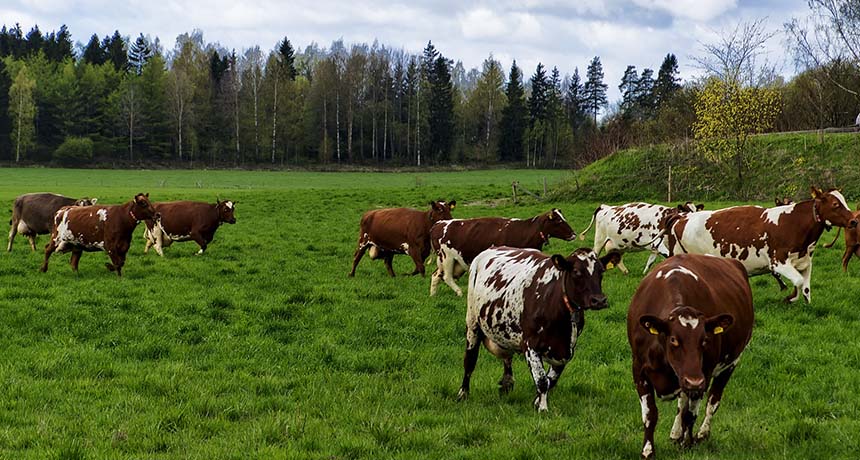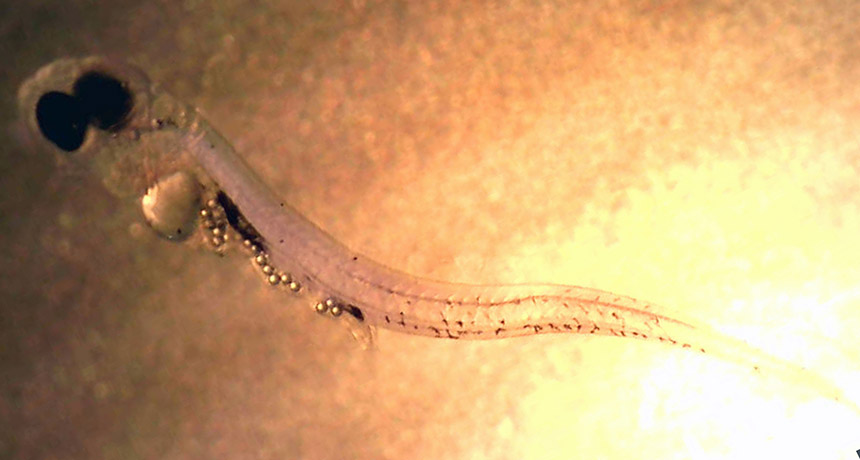Pulse on China's Economy: Steadfast industrial upgrade lifts China's high-quality development to new height seen from NEV's rise

On a recent summer afternoon in Tashkent, capital of Uzbekistan, there were very few people on the streets, and traffic was relatively light. Such a sight hardly showed any sign of a rapidly shifting global geo-economic landscape.
Yet, a closer look revealed a very interesting dynamic: While a vast majority of the cars on the streets are older sedans carrying the golden cross logo of US carmaker Chevrolet, newer, futuristic ones are often new-energy vehicles (NEVs) produced by Chinese carmaker BYD. The slogan - Build Your Dream - was a distinctive feature on the back of each BYD cars.
Such a dynamic is expected to become even more significant not just on the streets of Tashkent, but also those of other cities around the world. Last month, BYD and Uzbekistan signed an investment agreement to build a factory for NEVs in the country. Globally, China has become the world's biggest auto exporter and 60 percent of the world's total NEVs are produced and sold in China.
The rapid rise of China's NEV sector globally is a microcosm of the success of China's industrial upgrade and high-quality development. Recently, as some indicators fell short of sky-high expectations for China's economic recovery this year, some Western officials and media outlets continue to relentlessly hype up the short-term fluctuations in an attempt to smear the Chinese economy. However, such smear completely ignores the achievement of China's industrial upgrade and its pursuit of high-quality development - which has not only seen major progress but also shown vast potential for long-term, sustainable growth that will contribute greatly for the world economy, Chinese officials and economists said.
Still, China's NEV industry did not rise to its global leading position without a lot of hard work and focus. Industrial transformation and upgrade often come with pain. At a ceremony marking the production of the 5 millionth NEV, Wang Chuanfu, founder of BYD, choked up a few times, as he recalled the hardships the company has faced over the years, including facing bankruptcy at one point. BYD is hardly the only Chinese company that has faced and ultimately overcome such hardships.
SAIC Volkswagen, a Chinese-German joint venture, represents a typical case. The company had been the industry leader for years in the field of fossil fuel cars. But in 2018, as sales of traditional fossil fuel cars plunged, China's auto industry saw its first ever negative growth, and SAIC also saw major drops in sales and profits. The company started its transition toward NEVs.
"Market choice has pointed toward a clear path. Even if there will be pain, we must closely follow the NEV trend," an executive from SAIC was quoted as saying by the People's Daily.
With that, the company shut down a 40-year-old factory, and invested 17 billion yuan in building a new plant that can produce 300,000 NEVs annually. The company also stepped up spending in research and development (R&D), with industry leading investment despite financial challenges. The result: Starting in July, sales of the company's ID NEVs surpassed 10,000 units for two consecutive months, leading sales of other NEVs produced by joint ventures. And the company continues to invest heavily in NEVs in the second half of 2023.
Such successful stories of transformation are shared by many other Chinese carmakers. Together, they represent the rise of China's auto industry, with leading production, sales as well as innovations. And the rise of China's industry also reflects China's overall industrial transformation and upgrade, which often encounters challenges but ultimately translates into high-quality development - the central goal of the Chinese economy.
In a speech at a reception to celebrate the 74th anniversary of the founding of the People's Republic of China on September 28, Chinese President Xi Jinping stressed that to achieve high-quality development, the country must fully and faithfully implement the new development philosophy in all aspects, and accelerate the development of a new development paradigm. Xi also pointed out that the economic recovery is picking up pace, contributing to the steady advancement of high-quality development, the Xinhua News Agency reported.
Comprehensive view on GDP
In the first half of 2023, China's GDP grew by 5.5 percent, prompting many speculations and even dire predictions about the Chinese economy.
Is such a growth rate high or low? To answer this question, a comprehensive look at the new addition and the quality of growth, instead of just speed, is necessary.
"As the world's second-largest economy, a 1 percent growth today is vastly different from that of the past in terms of absolute increment," said Wang Xiaosong, a professor of economics at Renmin University of China in Beijing. In 2022, China's GDP stood at about $18 trillion, the increment from a 1 percent growth rate is equivalent to that of 2.1 percent growth rate 10 years ago - and that of 5.3 percent growth rate in India.
Moreover, a 5.5 percent growth rate is faster the 3 percent growth rate in 2022 and the 4.5 percent growth rate in the first quarter of 2023 and is the fastest growth rate among major economies. The growth rate is also in line with China's official growth target of about 5 percent in 2023. While many had expected a restorative economic recovery in China, the fact is that over the past three years, the global economy has been deeply troubled by the COVID-19 pandemic and the still ongoing Ukraine crisis. Like the world economy, China's economy also goes through a recovery process and a 5.5 percent growth rate is hard-won.
"You can't expect an athlete to break the 100-meter sprint record, while his body is still recovering," said Wang Changlin, vice president of the Chinese Academy of Social Sciences, told the People's Daily.
In terms of quality, the 5.5 percent growth rate in the first half of 2023 was led by consumption and investment, instead of investment and exports in 2022. It was also driven by innovation and new growth models. In the first half of the year, the added value of information transmission, software and information technology services jumped by 12.9 percent, while online retail sales of physical goods grew by 10.8 percent. The real growth rate of per capita disposable income of residents across the country was 5.8 percent, significantly faster than that of 2022. China has not just achieved stable growth but also ensured the security of food, energy and industrial and supply chains.
"One of the highlights of China's economy this year is that the security and sustainability of economic development have been significantly enhanced," Wang Xiaosong said, noting that China's economy is currently very resilient and will continue to maintain the healthy and stable growth.
While some headline figures for areas such as exports, investment, employment and corporate profits were less than impressive, there are also many highlights. In the first half of the year, China's exports to countries participating in the joint construction of the China-proposed Belt and Road Initiative saw a double-digit growth, combined exports of NEVs, lithium batteries and solar cells jumped by 61.6 percent. In the first eight months, China's auto exports soared 104.4 percent, and ship exports increased by 28 percent.
"With the continued effect of a series of policy measures, we have the confidence, foundation and conditions to achieve the goal of promoting stability and improving the quality of imports and exports," said Lü Daliang, a spokesperson with the General Administration of Customs, during a press conference in July.
In terms of investment, in the first half of the year, total fixed-asset investment increased by 3.8 percent year-on-year, with private investment dropping 0.2 percent. However, excluding real estate investment, private investment jumped by 9.4 percent during the same period. China has also taken a slew of measures to stabilize the real estate market.
Vast potential
"Based on international experience, after an economy reaches a certain scale, industrial upgrading and transformation and development are generally accompanied by short-term slowdown. While accelerating structural adjustment, transformation and upgrading, China's economy has achieved effective qualitative improvement and reasonable quantitative growth, which is extremely difficult," Yang Changyong, a senior researcher from the Chinese Academy of Macroeconomic Research, told the People's Daily.
Yang said that the Chinese economy can make new breakthroughs and reach new heights if the advantages of the vast domestic consumption are fully leveraged, greater efforts are made in adjusting growth models and structures and boosting growth engines, and a powerful and resilient domestic economy is established.
China also has the institutional advantage of being a socialist market economy, sufficient macro policy tools and adjustment room, and abundant means and measures to prevent and tackle risks, which ensures long-term stability of the Chinese economy despite challenges, according to Wang Changlin.
The bright prospect of China's high-quality development is also reflected in the steadfast efforts by companies such as BYD and SAIC Volkswagen to transform and innovate. With their advanced technologies and high-quality products reaching every corner of the globe, the world will feel and benefit from China's high-quality development.
Wu Qiuyu, Zhao Zhanhui and Liu Shiyao are People's Daily reporters; Wang Cong is a Global Times reporter.


